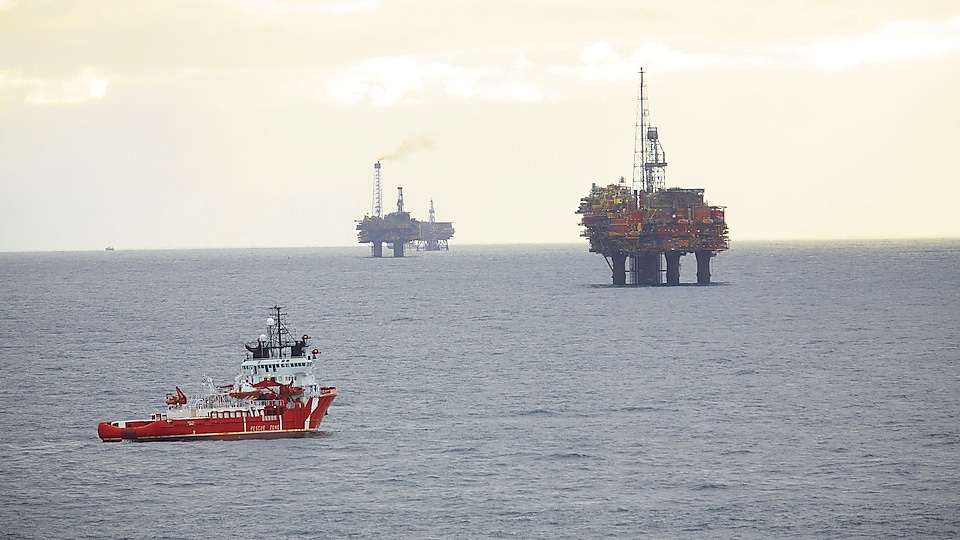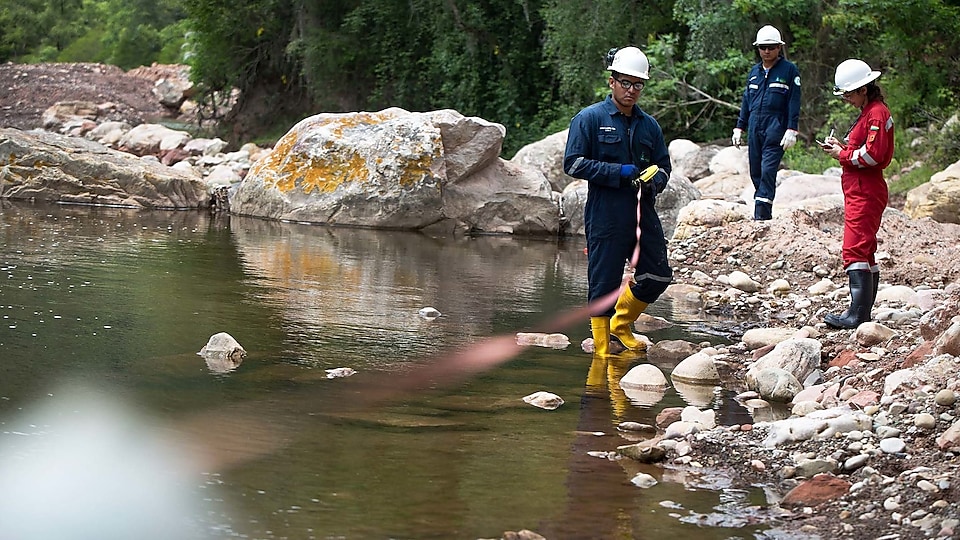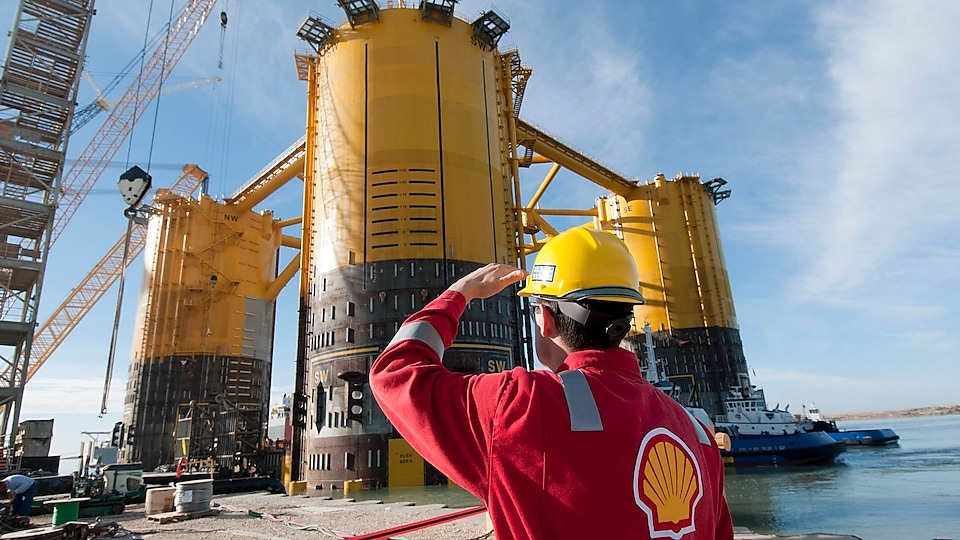
Our approach
We are committed to protect the environment, respect our neighbours, cause no harm to people, and help the world move towards a lower-carbon future.
Our world needs energy to support and improve life for a growing population. Shell provides energy in a responsible way: we aim to limit any impact on the environment and support the transition towards a lower-carbon future.
What responsible means for us
For Shell, responsible means respecting national laws and international standards, matching or exceeding global best practice and setting our own rigorous performance standards. Our core values of honesty, integrity and respect for people underpin our decisions and actions.
Being responsible means understanding the impact Shell can have on the environment and the communities we share it with – before, during and at the end of our operations. We always try to make a positive contribution to the local environments in which we operate and seek to reduce any potential negative impacts.
Find out more about how we conduct impact assessments
Our environmental standards
We are committed to protecting the environment and respecting our neighbours. We work hard to cause no harm to people. This is why we set ourselves such high environmental standards. These meet all regulatory requirements and often exceed them. Our standards cover our environmental performance including:
- managing emissions of greenhouse gases;
- using less energy more efficiently;
- flaring and burning off less gas during oil production;
- preventing spills and leaks of hazardous materials;
- using less fresh water; and
- conserving biodiversity wherever we operate.
The standards apply to every Shell company and to joint ventures where we are the operator. We encourage partners in joint ventures we do not operate to apply our standards. We work in partnership with many non-governmental organisations, governments, academics and local communities to help us live up to the high standards we set ourselves.
We report on our environmental and social performance every year in the Shell Sustainability Report.
We think before we act
We assess the potential environmental and human consequences of each new project, including ways they might affect communities and people’s health. This helps us to highlight ways in which we can contribute to local communities and the environment, and also reduce our negative impacts, during construction, operation and decommissioning.
Find out more about Shell and impact assessments
Preventing spills of hazardous substances
Oil or product spills damage the environment and endanger our employees and neighbouring communities. To avoid spills and leaks of hazardous substances, we work hard to make sure our facilities are well designed, safely operated and appropriately inspected and maintained. We invest in the equipment and human expertise we need to deal with any spills that happen. Employees are guided on how to avoid and respond to spills in our Health, Safety, Security, Environment and Social Performance (HSSE & SP) Control Framework.
Spills at sea
Shipping is an integral part of our operations, so we have to prepare for spills at sea as well as on land. To help prevent spills into water, our ship quality assurance standard requires all of the tankers and barges we hire to have double hulls.
More in Sustainability
Climate change and energy transitions
A key role for society – and for Shell – is to find ways to provide much more energy with less carbon dioxide.
Impact assessments
We assess the potential impacts of our activities to manage and reduce their effects on the environment and local communities.
you may also be interested in
Online Shell Sustainability Report
View our latest report online and build your own PDF version with the topics that matter most to you.
The energy future
How will the world produce more, cleaner energy to power our homes and cities, and fuel our vehicles in decades to come?
What we do
Shell is an international energy company that aims to meet the world’s growing need for more and cleaner energy solutions in ways that are economically, environmentally and socially responsible.





